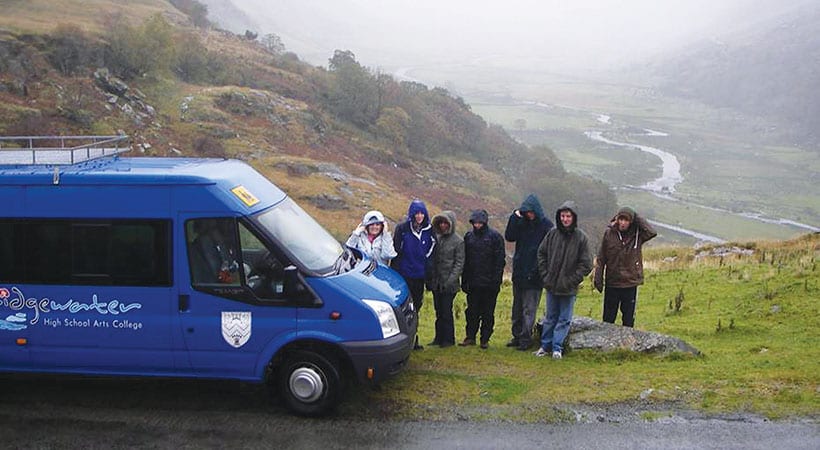What are the entry requirements?
5 GCSEs at A* – C including English and Geography.
Course Outline
AS:
Unit 1: Section A: Water & Carbon Cycles. Section B: Hazards
Unit 2: Section A: Changing Places. Section B: Geography fieldwork investigation and geographical skills
A2:
Unit 1: Hot Deserts and their margins
Unit 2: Global Systems and Global Governance, Population and the Environment
Unit 3: Geographical Investigation – Students complete an individual investigation which must include data collected in the field. The individual investigation must be based on a question or issue defined and developed by the student relating to any part of the specification content.
How will I be assessed?
AS:
Unit 1: Answer two written questions, 40 marks each. Question types: multiple-choice, short answer and a range of levels of response. Written exam: 1 hour 30 minutes, 80 marks, 50% of AS
Unit 2: Answer two written questions, 40 marks each. Question types: multiple-choice, short answer and a range of levels of response. Written exam: 1 hour 30 minutes, 80 marks, 50% of AS
A2:
Unit 1: Section A: Water and carbon cycles. Section B: Hot desert environments and their margins. Section C: Hazards. Answer three written questions. Question types: multiple-choice, short answer, levels of response and extended prose. Written exam: 2 hours 30 minutes, 96 marks, 40% of A-level
Unit 2: Section A: Global systems and global governance. Section B: Changing places. Section C: Population and the environment. Written exam: 2 hours 30 minutes, 96 marks, 40% of A-level
Unit 3: Coursework 3,000–4,000 words. 35 marks, 20% of A-level, marked by teachers, moderated by AQA
What will I study?
Water and carbon cycles – looking at two fundamental systems which sustain human life including river systems, flooding and global warming. How are we affecting our environment and how does our environment affect us?
Hazards – looking at natural hazards, our perception of them and our responses to them (volcanic, seismic and storm).
Changing places – Students are required to complete a place study which must refer to: changing demographic and cultural characteristics of the place or economic change over time and its effects on the place.
Hot deserts – looking at the world’s drylands, the causes of desertification, their distinctive landscape and the challenges they present as human habitats.
Global systems and global governance – focusing on globalisation – the economic, political and social changes affected by increased interdependence. How international trade is changing. How and why treaties between groups of countries are created and their consequences.
Population and the environment – focusing on the continuing growth of human populations, linked with economic change and migration patterns. The implications of population size for the balance between population and resources, linked with the concepts of ‘carrying capacity’ of an area, ‘ecological footprint’; and ‘the demographic dividend’ and their implications.
Field work – in AS students are expected to complete a minimum of two days field work and consider how to plan a hypothesis testing piece of work, including data collection, presentation, analysis, conclusion and evaluation. In year 13 students must complete another two days of field work from which they then produce an independent investigation.
The content invites students to contemplate the magnitude and significance of the cycles at a variety of scales, their relevance to wider geography and their central importance for human populations. Offering the opportunity to exercise and develop geographical skills, including observation, measurement and geospatial mapping skills, together with data manipulation and statistical skills.
Where can it lead me?
Many Bridgewater students continue to study geography at degree level successfully. Geography is a very useful and statistics show that, compared with other subjects, geographers are among the most employable. As well as the closely related careers such as planning, hydrology, surveying, geographers also make successful careers in tourism, banking, marketing and management. The transferable skills that Geography fosters are an asset in the complex and changing world of employment today.

